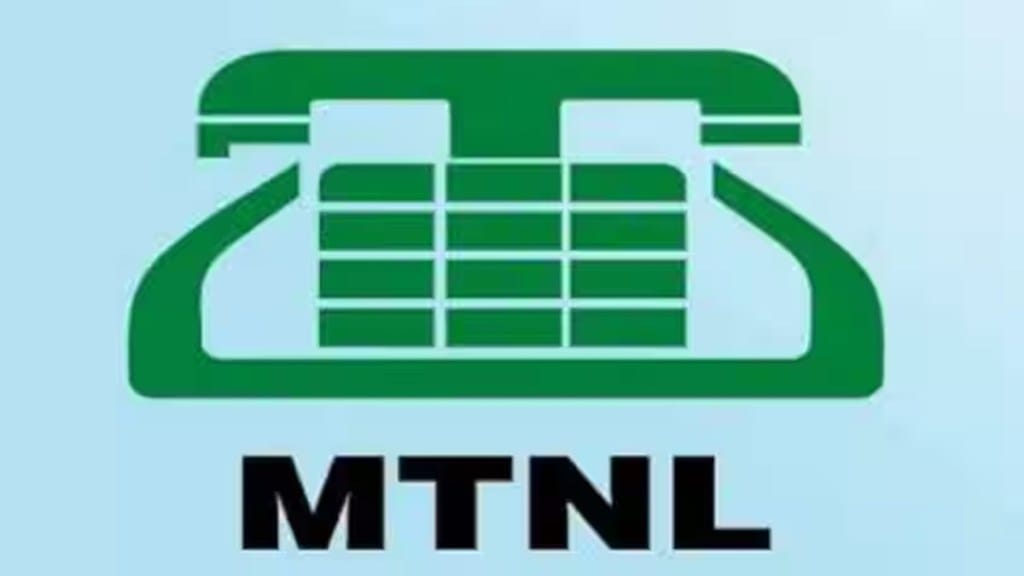The government has made it clear that it’s not going to infuse funds into ailing Mahanagar Telephone Nigam (MTNL)and has also signalled that the state-run telecom company will have to manage payment of loans to banks on its own. In simple terms, MTNL needs to generate funds to clear its liabilities and the route suggested is monetisation of the assets it owns. The next logical question is: Can it? The blunt answer seems to be: It doesn’t seem so. While a clear estimate has not been provided about the worth of MTNL’s land or buildings that can be monetised, the department of telecommunications (DoT) had some years back informed the standing committee on communications and IT that the department of investment and public asset management (Dipam) had approved the monetisation of six assets of MTNL worth `5,158 crore.
However, issues such as permissions from state governments, local bodies and title ownership of the assets, among others, have hampered the process, the report had said.Last year, a similar report stated that MTNL has an asset base worth `30,000 crore. However, several observers doubt this estimate.On an immediate basis, a total of 158 properties across prime locations in Mumbai and Delhi have been identified for outright sale. Additionally, 137 vacant building spaces in the two cities are available on rent — 103 in Mumbai and 34 in Delhi.
Officials say that problems relating to permissions from state governments, local bodies and title ownership of the assets still remain.Since MTNL was formed in the days (1986) of government monopoly in telecom services and several state governments and local bodies had given land at below circle rates for providing telecom services, the telco does not own the title of most of the land on which its buildings are constructed. As a result, if it wants to sell them today, the right of first refusal would be of the state governments or local bodies concerned, say officials. If one assumes that MTNL owns a huge bank of real estate, monetisation of which would solve its problems, then ideally it should have been getting huge rental income from it. However, this isn’t the case.
The company’s rental income from properties in FY24 at `434.58 crore was in fact down 13.8% year on year. It’s not difficult to guess why. Most of them spanning across Delhi and Mumbai are in bad shape, and have some government departments or PSU as tenants. FE visited a few properties of MTNL in the two cities and found that some were in fact shut, and not operational at all. Government tenants include Punjab National Bank (PNB), Life Insurance Corporation (LIC), court departments like zonal lease and property sale office and zonal marriage registration offices. Some MTNL properties have been leased out to private firms — the one in Powai has been rented in part to a training centre. Two of the facilities visited had a board with the list of MTNL officials and their respective cabin numbers, but those rooms were either locked, or occupied by employees of some other company. MTNL has a total debt of `32,100 crore, of which bank loans comprise around `8,026 crore. Last week, MTNL said it has defaulted on a total payment of `5,726.3 crore, comprising a principal amount of `5,492 crore raised from various banks and an interest of `234.28 crore. Majority of its outstanding dues are on the bonds raised by it which are backed by sovereign guarantee, but there’s no such backing for bank loans.
The telco last made a modest profit in FY14 and that too on the back of some exceptional gains. In FY24 its losses stood at `3,302 crore, with revenues of around `728 crore. Its finance cost stands at `2,690 crore — more than double of what it was in FY13. Simply put, it’s not in a position to pay its finance costs and has to foot a wage bill of `600 crore. It has a subscriber base of 1.9 million wireless users — a market share of 0.2%. This is despite three bailout packages provided to the company, along with BSNL, since 2019. One of the suggestions from the parliamentary committee on communications and IT to the government was to explore an Air India-kind of a debt carve out strategy. However, officials said due to the limited scope in the current market structure of the telecom sector, this seems difficult.
As far as operations are concerned, it’s BSNL which is managing the same for MTNL in Delhi and Mumbai circles. Officials say that the government is hardly left with many options. It will have to pay for the bonds as it’s a sovereign guarantor. Banks’ debt will also have to be taken care of as the option to declare it insolvent will not work – the insolvency resolution of Reliance Communications and Aircel are still stuck over who pays for spectrum dues. Further, there will be no takers for a company which offers services only in Delhi and Mumbai. For the officials on the company’s payroll, the cynic approach is that the government may sooner or later provide some revival package. Till then, it’s business as usual, which in the case of MTNL means, no business.
Follow FE Tech Bytes on Twitter, Instagram, LinkedIn, Facebook








